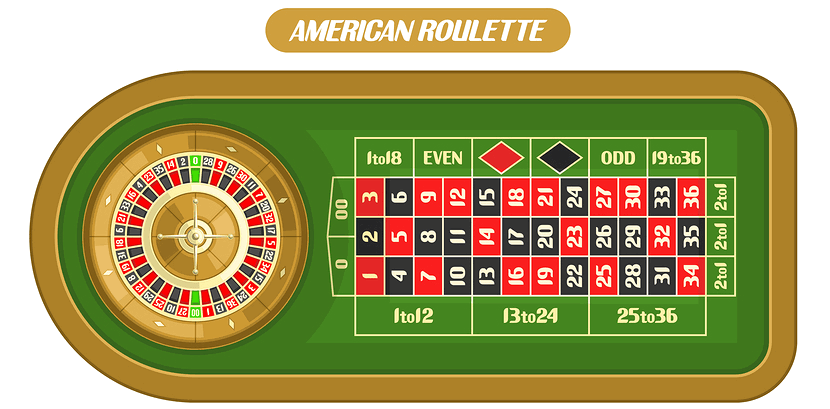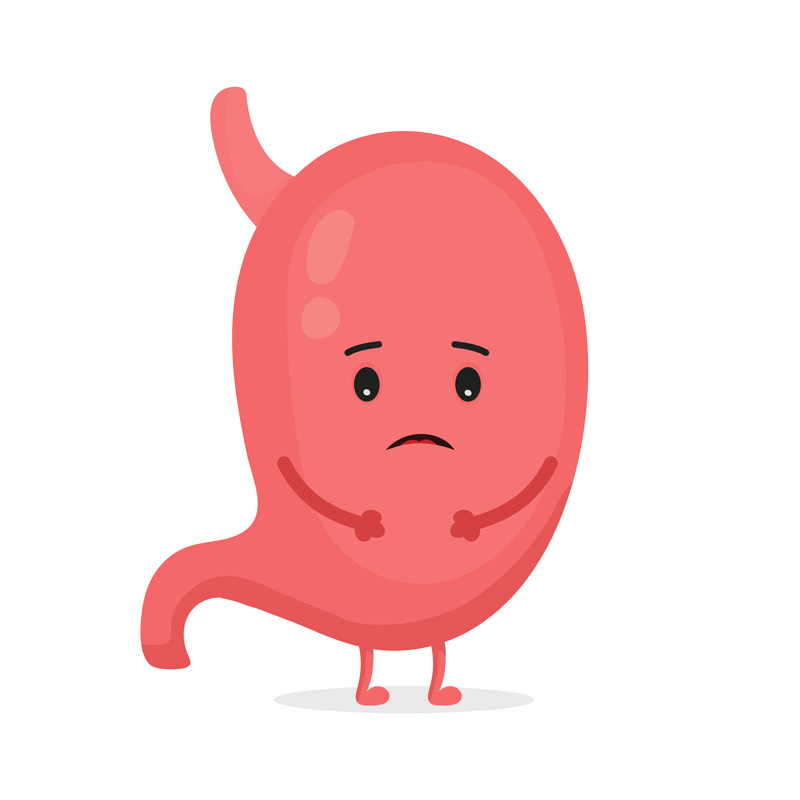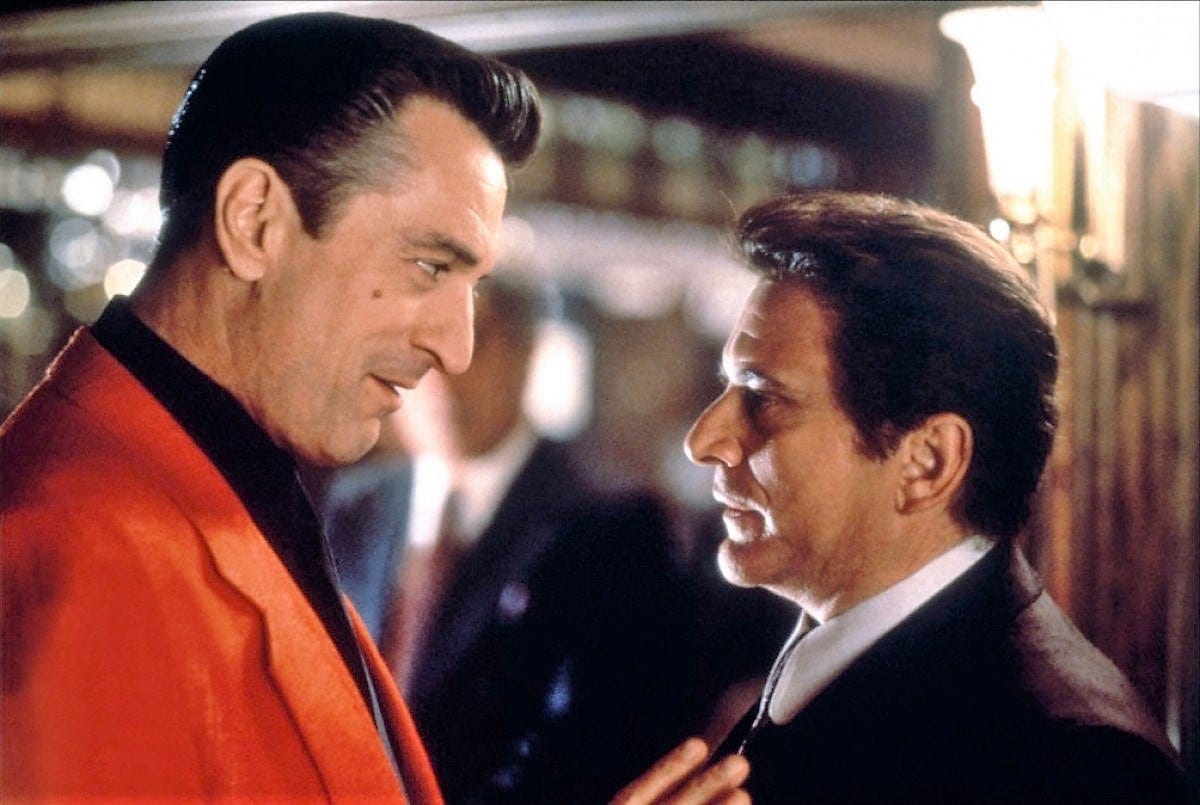Roulette is on my mind today, but I’m not a gambler. I know that in gambling the house always win, so I’ve proudly bragged to friends that I’ve only ever bet $20 of my own money at the casino on roulette.
That was true until last week when my fiancée and I were on a week long Caribbean cruise. We had an amazing time on the cruise, eating great food, visiting beautiful islands, and meeting a lot of great people.
The only bummer I had on the cruise, I lost $200 in roulette! Me, the statistics guy! Well, it was house money to begin with ..
Here’s a short story on where I underestimate the “large” part of the Law of Large Numbers and also fall prey to Outcome Bias.
Background
Okay so I said I would never bet again in a casino, so what happened? Well, it was all house money. We were given $200 in “onboard credit” as part of our cruise purchase, and then another $600 when they cancelled our original departure port and made us move to another port. So, in total, we were given $800 in onboard credit that we needed to spend on board the cruise. Only, the options on board are rather thin:
Drinks (we already had a free $600 drinks package, which WAY MORE than enough for the alcohol/coffee quantity we normally drink)
Excursions (these often sell out with the company before you get on board, so in reality not really option unless you want the bottom of the barrel options on board)
Overpriced watches and hand bags
Replica models of the cruise ship (which I admit were pretty neat looking) and other cruise line related merch
Spa visits priced at a 80-100% premium compared to on-land costs
Or, the Casino
So, being the statistics guy, I came up with my “genius” plan. We were going to spread out all of our onboard credit on many rounds of roulette red/black bets, leaving us with an estimated 94-96% return on our $800 (house edge), which should leave us with $760! Not a bad cash return considering it’s “free money.” Seems like a fool proof plan.
In case you need a quick background in roulette, we were playing the American Style Roulette 38 pocket wheel:
To determine the winning number, a croupier spins a wheel in one direction, then spins a ball in the opposite direction around a tilted circular track running around the outer edge of the wheel. The ball eventually loses momentum, passes through an area of deflectors, and falls onto the wheel and into one of thirty-seven (single-zero, French or European style roulette) or thirty-eight (double-zero, American style roulette) or thirty-nine (triple-zero, "Sands Roulette")[1] colored and numbered pockets on the wheel. The winnings are then paid to anyone who has placed a successful bet. Source
Over the course of 40-50 rounds of roulette, we executed our plan. Only, I had us deviate slightly. Instead of placing 100% of our bets on conservative red/black bets, as I had originally suggested, we instead placed about 80% of the bets on red/black bets and the other 20% of the bets on more “risky” places on the board (1-36 slots). My thinking was, over 40-50 rounds, placing money on 2-3 1-36 grid slots per each round (plus the red/black bets), we should have enough sample size to properly represent an even statistical distribution to return us some of that money (about 100-150 slot bets on 1-36, about 50 red/black bets) while still having some “fun” along the way.
Where It All Went Wrong
Between my fiancée and I, I have never seen such “poor” roulette players. Through what must have been 100-150 different single number placements on the roulette board, we did not hit a SINGLE 1-36 bet with that 20% of the money. I felt like an awful gambler! My dopamine systems couldn’t help but tell me that I was doing something wrong.
With the 80% of our money placed on the red/black bets, we netted it all back minus the 5% house edge. With the other 20% “fun” money, we didn’t win a dime. The math didn’t math, I thought to myself. So, what went wrong?
In reality, you may have already realized by now, but nothing went wrong — I had just ignored the law of large numbers when changing our strategy to include 20% of our bets on 1-36 placements. In my head, 40-50 rounds would work, providing us ample sample size to guarantee we would get most of the money back. Turns out, I was right for the red/black bets (the 50/50 bets), but oh boy was I off for the 1-36 bets. The more risky 1-36 bets just didn’t have enough sample size, and we were “unlucky”, so we lost!
Dopamine & Outcome Bias
The thing that bothered me most about this whole situation is not the “free money” we lost. We did miss out on $200-250 of that onboard credit that we likely would have kept if we had just stuck to the red/black plan. What bothered me most was my emotional response to the whole ordeal — I was actually emotionally upset.
I could work out in my head logically what had just happened — we played a 100% luck based game and underestimated the risk in placing 20% of our bets on the 1-36 grids, and we had simply been unlucky. I had convinved the 50% of my dopamine in my brain of what happened, but I could not convince the more pre-historic 50% of the dopamine in my gut that we had simply been unlucky (50% of your dopamine is found in your gut).
It’s a luck based game, gut, get over it!
I recently read an article on how Dopamine shouldn’t just be considered a “feel good” chemical, it also plays a big role in learning. Logically, no one should really “learning anything” while playing roulette since it’s entirely luck based. Yet, the players next to me were talking strategy, complimenting each others’ “brilliant moves”, and the casino continued to flash meaningless statistics everywhere on the board, Today, Black has won 55% of the time. 17 is a Hot Number! 24 is Cold.
Any one who has passed Statistics 101 in High School would know that these are meaningless, yet our brain can’t help but feast on little data points like this and make statistical conclusions that don’t exist. We can’t help ourselves, its simply our Dopamine systems doing what its done for millions of years. Try to find patterns, learn, and re-learn.
My Takeaways
CASINOS - I still have zero interest in going to the casino in the future. I don’t find it to be fun and relaxing; instead, I feel like I’m being manipulated the entire time I’m there, leaving me on edge. In terms of onboard cruise credit, I would do it again but next time I would stick with the boring red/black plan. Maybe choose coffee at the roulette table too instead of an old fashioned..
THE STOCK MARKET - I have 100% of my stock market investments in index funds at the moment. In a similar vein, I do not believe that I have the skills or knowledge to beat the “house edge” AKA Wall Street in the stock market, so I don’t want to start picking individual stocks for the same exact reason — I think my brain is too naive to sort through the dopamine hits from gains/losses in individual stocks to do anything productive with it. I’m sticking with index funds for the near to long term future, and will revert to only making “macro” decisions where I believe the house edge is less likely to hurt me (e.g. allocating money between Growth and Value-Based Index Funds, as opposed to buying Tesla vs. Apple).
SPORTS GAMBLING IN AMERICA - I have my eye on sports gambling into the future. This is one that I have not participated in and also have little interest in participating in. Not because I don’t think it will be fun, but because I’m imaging myself going through the same dopamine hits and losses while watching my favorite sports teams and I don’t like that picture. Sports are great, sports are fun! But gambling can be addicting, and I hope that we as a society will keep an eye on how our country reacts to the legalization of sports gambling over time, particularly for our youth.
MOVIES - The most fun I had while thinking about gambling during the cruise was watching Casino for the first time. (Can’t have a legendary Mob Movie without Robert De Niro and Joe Pesci). I want to watch more movies as opposed to TV shows or YouTube videos — truly engrossing yourself in a story from start to end for 2-3 hours is very satisfying!
Thanks for reading Off Road Analyst - Short Stuff! Subscribe for free to receive new posts and support my work.








